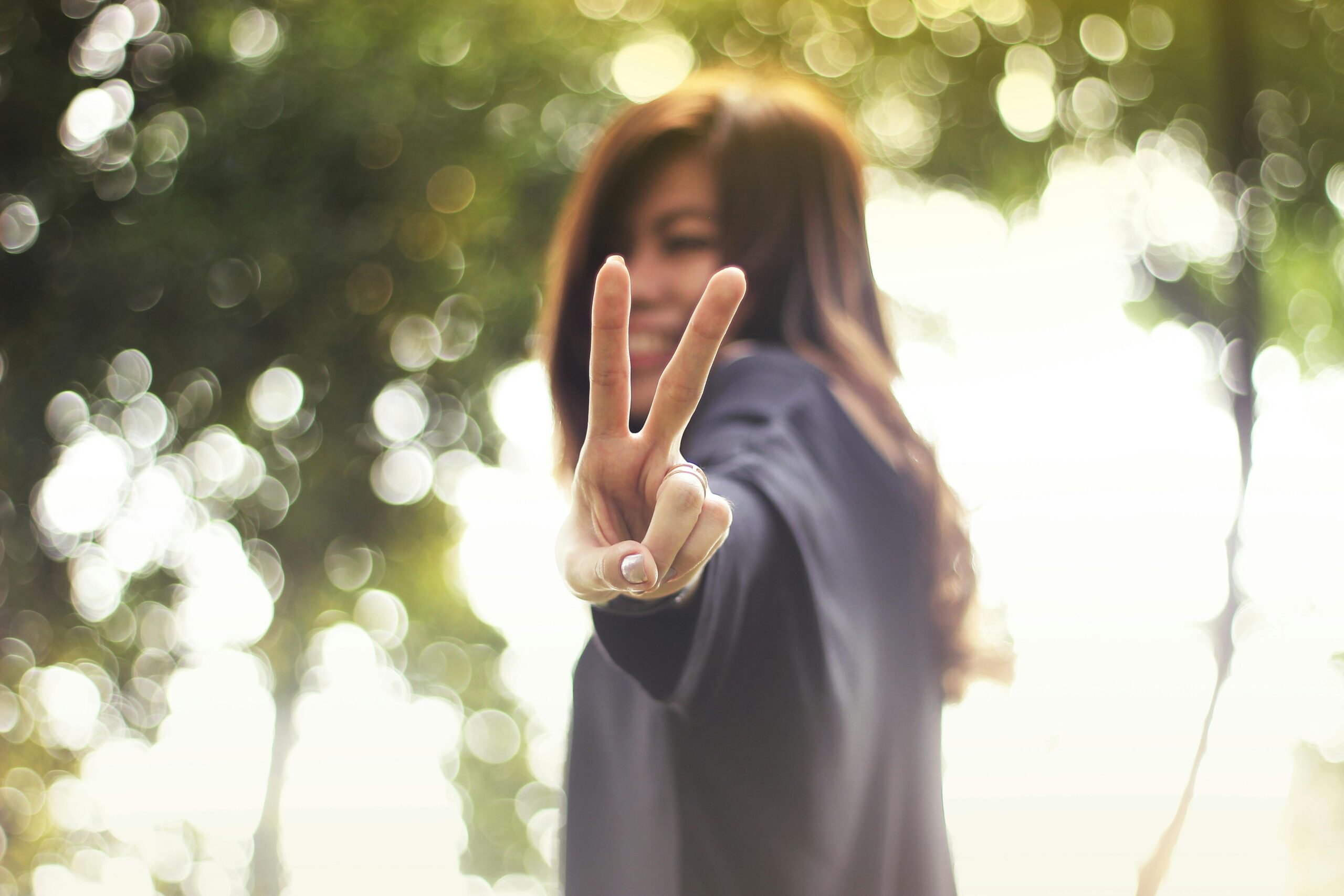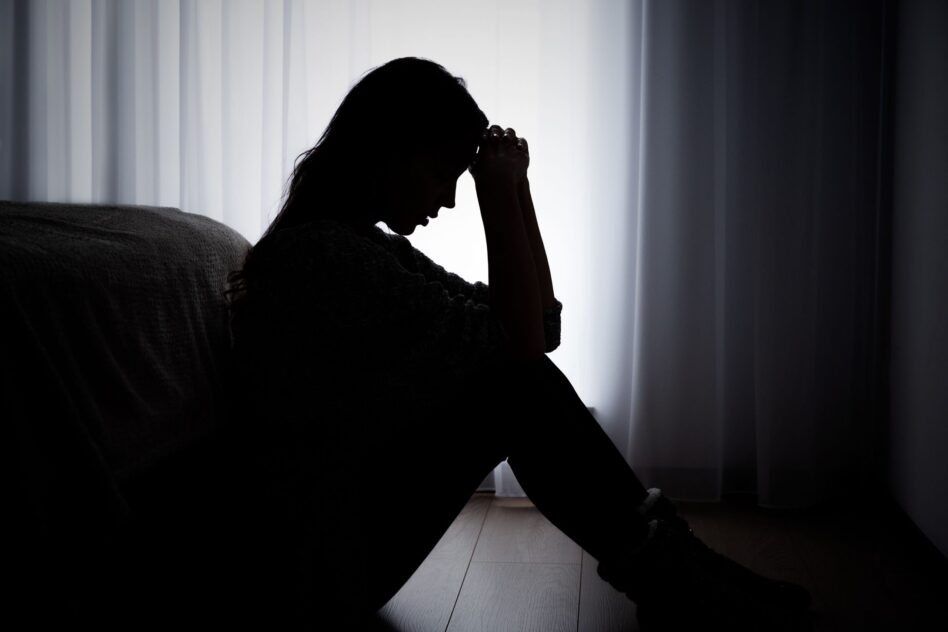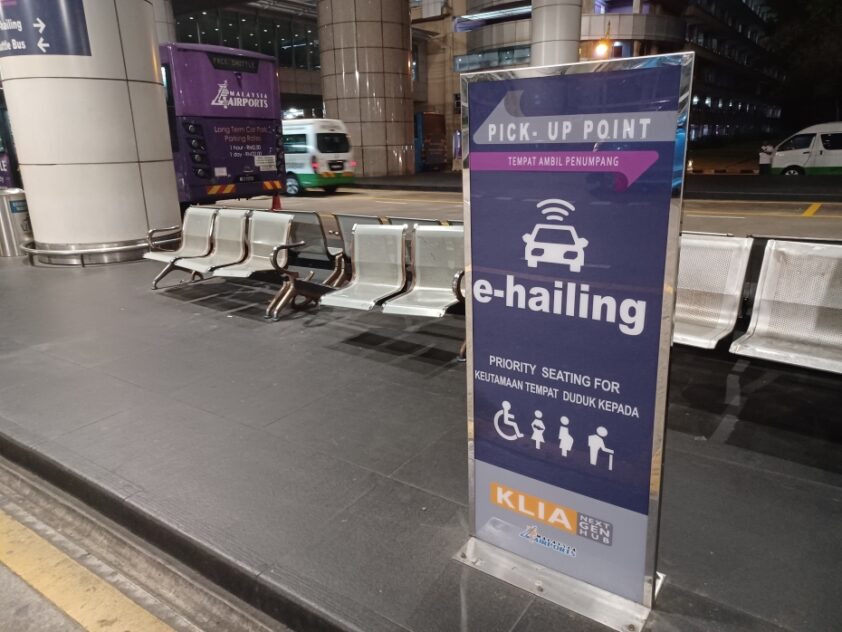
WE often say or hear “Be happy” but if only it were as simple like switching on a light. Whether we are happy or unhappy right now, it will not last long.
Our emotions can change with stimuli caused by various activities and new developments, but perceptions will largely be influenced by mindsets.
If many things are given time to be considered, we will experience mixed feelings. As such, no one can be totally happy or unhappy.
Those who say they are happy mean they are generally happy, and willing to accept the inevitable ups and downs in life and continue giving and taking.
In any case, the quality of life will be greatly improved if we have learned to find joy and meaning in what we do.
This applies to everyone and everywhere, such as while working, studying, commuting, doing household chores or interacting with others face to face or over social media.
In the absence of joy and meaning, our actions become mechanical and we look drab. The hard, boring work or duties one has to do almost every day is known as the daily grind.
Those falling into such a rut will not do well in their work or duties, and they can be more grumpy than happy.

Those who look for and find joy and meaning in what they do are likely to excel in their careers or roles such as parents.
Customer service or retail staff that go out of their way to delight window shoppers or the public are likely to succeed in their careers, and later in their own businesses.
Those who have found joy and meaning as parents treat their children as blessings by recognising their inherent worth and nurturing their growth by fostering a supportive environment for them to thrive. This is more commonly found in one or two-child middle-income families.
On the other hand, children in large families are usually left to fend for themselves with minimal child monitoring, much like household cats with enough food to survive but their growth stunted. This is most apparent in low cost flats that continue to generate Mat and Minah Rempits.
There will be exceptions of course. But in any case, the key to having more happy moments is to actively look and find joy and meaning, as they may not come naturally or automatically, except when we are enjoying activities we like, such as eating, drinking, travelling or being entertained.
But such enjoyment may not last forever. So, do enjoy while you can. For example, to enjoy great food, we must be seated in a restaurant or outlet that serves dishes we like, have the teeth to enjoy the texture and the money to pay. But all these will come to naught if we are gravely ill.
Also, our favourite dish will no longer taste the same if cooked by different people, even though it may be in the same restaurant or stall.
I have dozens of favourite dishes, but find most of them unpalatable at many outlets, as I became overly discerning after having tasted the very best.
In recent years, I find travelling more stressful than relaxing. First, it was the anxiety to reach the airport and check in on time. Reaching there early and waiting a long time to board was no fun. Mercifully, without checked-in luggage and thanks to e-hailing, it was easier to leave the airport.

After being stuck in horrific jams on our expressways several times, I will no longer be travelling in express buses just before and after public holidays.
Over the past decades, I drove on trunk roads that criss-crossed Selangor and nearby states to explore and sightsee remote areas.
But later, traffic grew heavier even on country roads and in smaller towns. And roadside parking became increasingly difficult, made worse by having to purchase prepaid coupons or install parking apps. These have deterred me from embarking and contributing to domestic tourism.
When commuting and momentarily stuck in traffic, I can still be happy knowing that things could be much worse, such as the engine could not start or could break down or there was a collision necessitating one or more trips to the police station to make and get a copy of the report.
Finally, we must also learn to be grateful if we get to wake up in the morning and be able to clear the bladder and bowel later, drink some plain water or a hot beverage, have breakfast, lunch and dinner, do what we like, and fall asleep at the end of the day. But not when we are very sick.
YS Chan is master trainer for Mesra Malaysia and Travel and Tours Enhancement Course and an Asean Tourism Master Trainer. He is also a tourism and transport business consultant.
The views expressed are solely of the author and do not necessarily reflect those of MMKtT.
- Focus Malaysia.


No comments:
Post a Comment
Note: Only a member of this blog may post a comment.